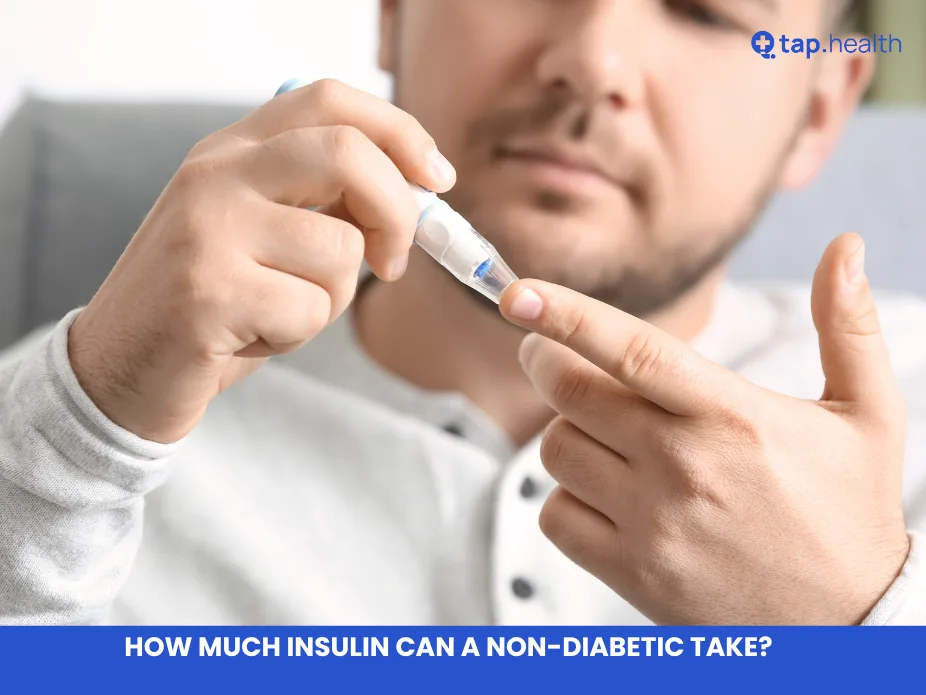Pregnancy is a life-changing event, and many women have concerns about how their daily activities and careers might be impacted. One profession that often raises questions is dentistry. Dentists work in close contact with patients, use various tools, and are exposed to different chemicals throughout their workday. So, if you’re pregnant and wondering, “Can I work as a dentist during pregnancy?”, the answer depends on several factors.
In this blog post, we’ll explore whether it’s safe to continue working as a dentist while pregnant, the precautions you should take, potential risks, and tips to make your work environment safer during pregnancy. Whether you’re a dentist or someone considering dental school, this article will provide the information you need to make informed decisions during pregnancy.
Can I Work as a Dentist While Pregnant?
Yes, many women work as dentists throughout their pregnancies, but it is essential to take certain precautions to ensure both your health and the health of your baby. The key to working safely as a dentist during pregnancy is understanding the potential risks, making necessary adjustments, and following safety guidelines.
1. What Are the Potential Risks of Working as a Dentist During Pregnancy?
While working as a dentist during pregnancy is generally safe, there are a few risks that you should consider. These risks are mainly associated with the nature of the dental profession, which includes prolonged sitting, exposure to chemicals, radiation, and the physical demands of the job.
a. Exposure to Radiation
Dentists frequently work with X-rays, which emit radiation. Although the radiation exposure from X-rays is minimal, it can still pose a risk during pregnancy, especially to the developing fetus. However, modern X-ray technology has significantly reduced radiation levels, and dental professionals take several precautions to minimize exposure.
How to Manage:
- Wear Protective Gear: Always use a lead apron and thyroid collar when taking X-rays.
- Limit Exposure: Try to avoid unnecessary X-rays during pregnancy, and if possible, delay non-urgent procedures.
- Use Digital X-rays: Digital X-rays emit less radiation compared to traditional ones, making them a safer option during pregnancy.
b. Exposure to Chemicals
Dental procedures often require the use of certain chemicals, such as anesthetics, disinfectants, and sterilizing agents. While most chemicals are safe for adults, some chemicals may be harmful to the fetus if exposure is excessive.
How to Manage:
- Ventilation: Ensure proper ventilation in the office to reduce inhalation of fumes and chemicals.
- Use Protective Equipment: Wear gloves, masks, and protective clothing to minimize exposure.
- Choose Safer Alternatives: If possible, use less toxic materials in procedures.
c. Physical Strain
Being a dentist can be physically demanding. The job requires prolonged periods of sitting, bending over patients, and using small, delicate instruments. This physical strain can become more challenging during pregnancy as your body changes and your belly grows.
How to Manage:
- Ergonomic Setup: Ensure that your workstation is ergonomically designed to reduce strain on your back and neck.
- Take Regular Breaks: Take short breaks throughout the day to rest and stretch your body.
- Use Supportive Footwear: Wear comfortable shoes to reduce strain on your feet and lower back.
d. Stress and Fatigue
Pregnancy brings many physical changes, and dental work can be demanding. The stress of managing a busy schedule, working with patients, and dealing with emotional challenges can be overwhelming. Fatigue is also common during pregnancy, especially in the first and third trimesters.
How to Manage:
- Set Realistic Expectations: If you’re feeling overwhelmed, consider adjusting your work schedule or asking for help from colleagues.
- Focus on Self-Care: Ensure you are getting enough rest, eating well, and staying hydrated.
- Delegate Tasks: If possible, delegate non-essential tasks to support staff to help lighten your workload.
Also read this: The Role of Eosinophils in Human Insulin Sensitivity
Is It Safe to Use Local Anesthesia While Pregnant?
Local anesthesia is commonly used by dentists during procedures like fillings, extractions, and cleanings. Many pregnant women are concerned about whether the use of anesthesia could harm their baby.
1. What Does Research Say About Local Anesthesia During Pregnancy?
According to research, local anesthesia (such as lidocaine) is generally considered safe for pregnant women when used appropriately. It’s important to note that local anesthesia is different from general anesthesia, as it only affects a specific area and does not carry the same risks.
2. Precautions When Using Local Anesthesia
- Use in Low Doses: Limit the amount of anesthetic used to the minimum required for the procedure.
- Avoid Epinephrine in Early Pregnancy: Some local anesthetics contain epinephrine (a vasoconstrictor), which can affect blood flow. It’s advisable to avoid this during the first trimester, but it can be used safely later in pregnancy under the guidance of a healthcare provider.
Can I Continue Performing Dental Procedures While Pregnant?
The short answer is yes, but with precautions. Most dental procedures can be safely performed during pregnancy, especially if they are necessary for the patient’s oral health. However, certain procedures may need to be postponed until after the pregnancy, depending on the individual circumstances.
1. Elective Procedures vs. Urgent Procedures
- Elective Procedures: These are non-essential procedures like cosmetic dentistry (e.g., teeth whitening). It’s generally best to postpone these during pregnancy, especially if they involve exposure to radiation or chemicals.
- Urgent Procedures: These include procedures for managing pain, infections, or dental emergencies. These procedures are usually safe and necessary during pregnancy.
How to Stay Safe While Working as a Dentist During Pregnancy
While being pregnant and working as a dentist comes with some challenges, there are several steps you can take to ensure your safety and comfort.
1. Workplace Adjustments
You may need to make some adjustments in your workplace to maintain your health and comfort. Some adjustments you might consider include:
- Ergonomic Furniture: Invest in adjustable chairs and stools to ensure you’re comfortable and avoid strain on your body.
- Reducing Hours: If you’re feeling fatigued, consider adjusting your work hours or taking longer breaks throughout the day.
2. Self-Care Tips for Dentists During Pregnancy
Taking care of yourself is crucial when working as a dentist during pregnancy. Some self-care tips include:
- Stay Hydrated: Drink plenty of water to avoid dehydration, which can make you feel more tired and sluggish.
- Eat Nutritious Meals: Eating balanced meals throughout the day can help keep your energy levels up and reduce pregnancy-related discomfort.
- Practice Stress Management: Utilize stress-relief techniques like deep breathing, meditation, or yoga to maintain your emotional well-being.
3. Consult with Your Doctor
Before continuing your dental work during pregnancy, it’s a good idea to speak with your doctor. They can provide personalized advice based on your health, pregnancy, and the type of dental work you do. Regular prenatal visits are essential to monitor your health and the health of your baby.
Frequently Asked Questions (FAQ) on Can I Work as a Dentist During Pregnancy?
1. Can working as a dentist harm my pregnancy?
Generally, working as a dentist during pregnancy is safe, but it’s important to take precautions to minimize risks such as exposure to radiation and chemicals, physical strain, and stress. Regular breaks, ergonomic adjustments, and safe practices can help protect both you and your baby.
2. Is it safe to perform dental X-rays during pregnancy?
Dental X-rays are safe during pregnancy with precautions. Use protective gear like lead aprons, limit unnecessary X-rays, and opt for digital X-rays, which emit lower radiation. It’s always best to consult with your doctor about any specific concerns.
3. Can I take medications or pain relief while working as a dentist during pregnancy?
Some pain relief medications and medications used in dentistry may not be safe during pregnancy. Always check with your healthcare provider before using any medications during your pregnancy.
4. Are there any dental procedures I should avoid during pregnancy?
Non-essential cosmetic procedures, such as teeth whitening, should be avoided during pregnancy. Additionally, any dental procedures requiring heavy sedation or general anesthesia should be postponed until after pregnancy.
5. How can I reduce stress while working as a dentist during pregnancy?
Managing stress is important during pregnancy. Take regular breaks, delegate tasks where possible, and use stress-reducing techniques such as deep breathing, yoga, and meditation.
Conclusion
Working as a dentist during pregnancy is generally safe, but it requires being mindful of the potential risks, such as radiation exposure, chemicals, physical strain, and stress. By taking appropriate precautions, adjusting your work environment, and focusing on self-care, you can continue to practice dentistry while ensuring both your health and the health of your baby. Always consult with your healthcare provider for personalized advice and support during your pregnancy.



